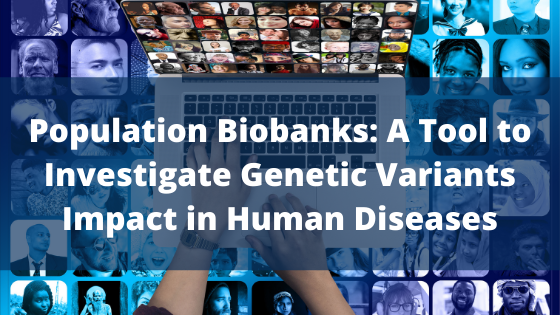The term “biobank” refers to an organized collection of biological samples stored at low temperatures, donated by groups of people. Along with the information regarding donors, this tool serves as an invaluable and remarkable resource for research on genetic factors and molecular mechanisms involved in the occurrence of pathological conditions.

A population-based biobank has become a vital tool in discovering disease genes in this modern age. Multiple traits and diseases can be investigated simultaneously with a biobanking system, and relationships between unrelated phenotypes may be discovered. A population-based biobank collects biological tissue from an individual or group of individuals who may or may not have any kind of specific disease. The goal of genetic databases is to analyze DNA exclusively in order to determine the genetic determinants of common or uncommon diseases, regardless of whether these biological specimens were obtained from the general population or not.
Click to read more.
